How to remove yourself from the internet
Yes, you can use tools to remove personal information from the internet — but not all of it.

TechRadar created this content as part of a paid partnership with Incogni. The contents of this article are entirely independent and solely reflect the editorial opinion of TechRadar.
Have you ever searched for yourself online? You’ll likely find some information about you. Social media sites, people search finder sites, and many other sites might have gotten your information consensually or not. Understandably, many aren’t comfortable with having their data on the internet and seek to scrub it.
The internet has existed for four decades, and its scope has grown incessantly. It’s next to impossible to completely remove your information from it. However, you can take several actions to delete as much information as possible. This guide explains how to go about that.
- You should also consider how to protect yourself and your data online by reducing visibility.
Steps for removing yourself from the internet
- Delete old and unused accounts
- Install a VPN
- Use a private browser
- Enable two-factor authentication
- Avoid public Wi-Fi
- Use a data removal service
- Update your privacy settings
- Turn off third-party cookies
- Use encrypted messaging apps
- Use an identity theft protection service
- Be careful about your online activity
- Use disposable email addresses
Tools and Requirements
- The best way to begin removing yourself online is by using a computer (Windows or Mac) or tablet that shows full-sized webpages. You should avoid using smartphones because of their limited display size and lack of options on some websites on mobile.
Reader Offer: 50% off annual plans
Hundreds of data brokers collect and sell your personal information, increasing your chances of spam, scams, and identity theft. Take back control of your data privacy. Opt out of these databases with Incogni.
Preferred partner (What does this mean?)
Step by step guide
1. Delete old and unused accounts

You’ve likely created many accounts on the internet and forgot about some. Maybe it’s that website that asked you to create a profile to watch a video or an account you created to access a game. You might have forgotten about the account, but your information remains there.
The first step to scrubbing yourself from the internet is finding and deleting old accounts. But what if you’ve forgotten about some accounts? A platform like SayMine lets you see all accounts tied to your email address. You’ll log into your email address, and it’ll scan your inbox to identify any online account tied to your email. Afterward, you can follow the required steps to delete your account on each platform.
2. Install a VPN

A virtual private network (VPN) disguises your online identity and encrypts sensitive information. It routes your online requests through an encrypted server, preventing third parties like ISPs and government agencies from intercepting sensitive information.
You could be in the U.K. and route your browsing requests through a server in France. You’ll be assigned an IP address from the French server, making every website you visit assume your device is in France. The best VPNs will disguise your location and encrypt your data so no one discovers what you’re doing. It significantly reduces the chances of third parties harvesting and storing your information.
3. Use a private browser

Google Chrome, Safari, and Mozilla Firefox are the most popular web browsers, with respective market shares of 66%, 18%, and 3%. These browsers have private modes that let you surf the web without storing your browsing history. Private mode is handy when using another person’s computer, as they won’t see what websites you visit and your personal information.
You can also use specialized private browsers like Brave, which automatically blocks third-party apps and cookies. Brave also has a built-in VPN, eliminating the need to pay extra fees for a reliable VPN service.
4. Enable two-factor authentication
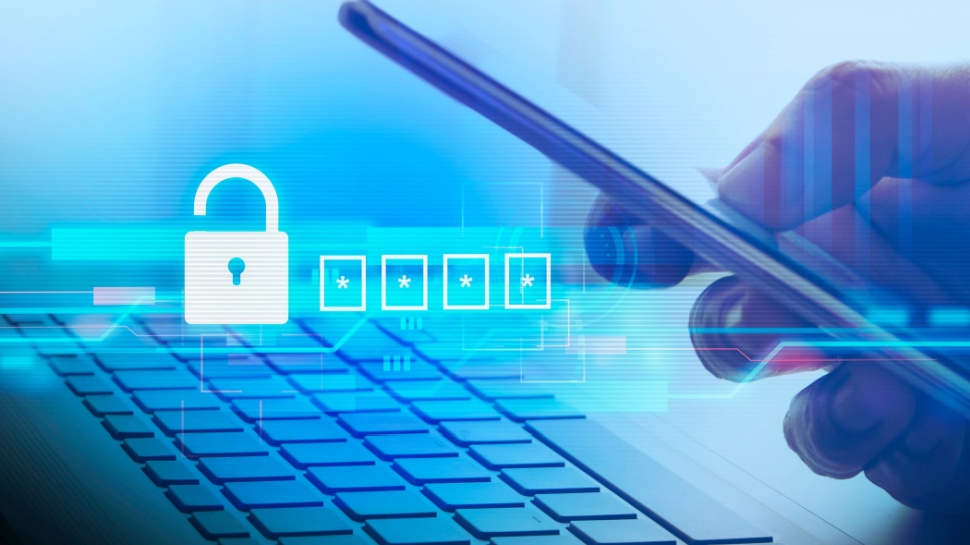
Hackers often try to break into accounts and leak or sell people’s information. Protecting your accounts from these hacks prevents your information from ending up in unexpected corners of the internet. Enabling two-factor authentication is one of the simplest ways to do this.
Two-factor authentication requires two modes of identification before granting access to your account. The first is your correct username & password, and the second is a unique one-time PIN sent to your mobile phone or email address. This PIN is needed to grant access to your account.
The best authenticator apps ensure malicious actors can’t access your account even if they know your password. You’ll always be notified when someone tries to log into your account, and you can swiftly react to malicious login attempts. According to Microsoft, two-factor authentication prevents 99.9% of cyberattacks.
5. Avoid public Wi-Fi networks
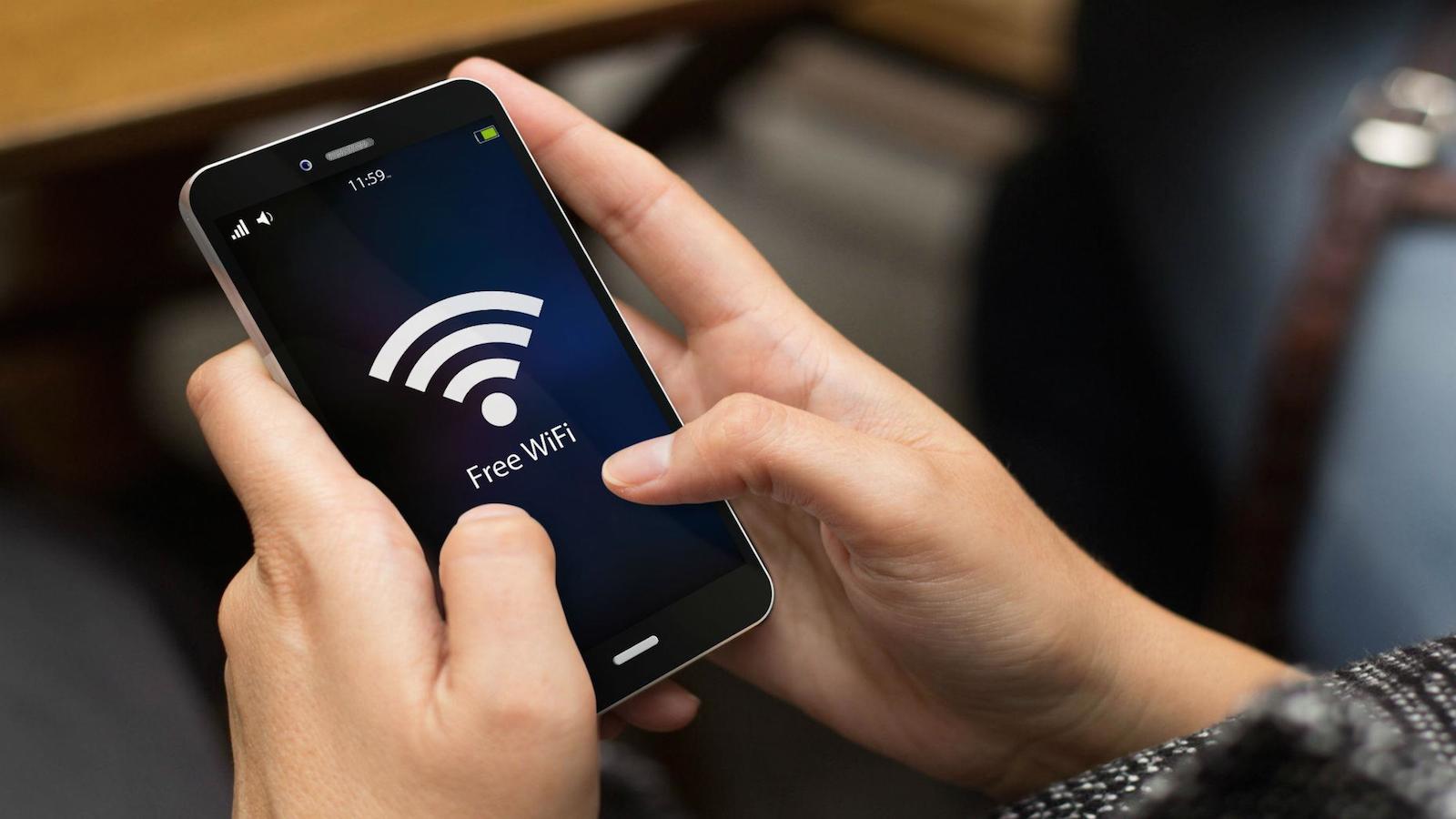
Avoiding public Wi-Fi networks is a simple step towards removing yourself from the internet. Public Wi-Fi networks are often insecure and a major target for hackers. On unsecured public networks, it's easier for malicious actors to capture data packets and access your sensitive information like login and credit card details.
It’s advisable not to use public Wi-Fi networks if you have an alternative. If you must use a public network because there’s no alternative, always turn on your VPN to encrypt your browsing activity.
6. Use a data removal service

Tracking and deleting your information from the web can get tiring. However, some professional data removal services handle this process on your behalf. You can pay human experts to review and delete your personal data from many websites.
For example, DeleteMe uses both automated and manual processes to delete your data from hundreds of websites. Kanary finds and deletes sensitive data from 1,000+ websites. The drawback is that data removal services are often expensive, costing hundreds to thousands of dollars depending on the type & volume of data to be removed.
7. Update your privacy settings

Every app you download has custom privacy settings. The privacy settings aren’t rigid by default, but you can always change them. For example, many apps have access to your device location, but you can turn off this access. Some apps want access to your contacts and photo gallery, but you can deny this access. Denying access might hinder some features, but that’s the price for enhanced privacy.
Instead of adjusting settings for each app, you can turn off sensitive data access for all apps on your smartphone. For example, you can switch off location access so no app can track your device location. iPhone users can switch off the Allow Apps to Request to Track option, preventing all apps from harvesting sensitive usage data.
We’ve advised deleting accounts to scrub your information from the web, but there are likely a few apps you can’t do without. In that case, adjust the settings on these apps to maximize your privacy.
8. Turn off third-party cookies
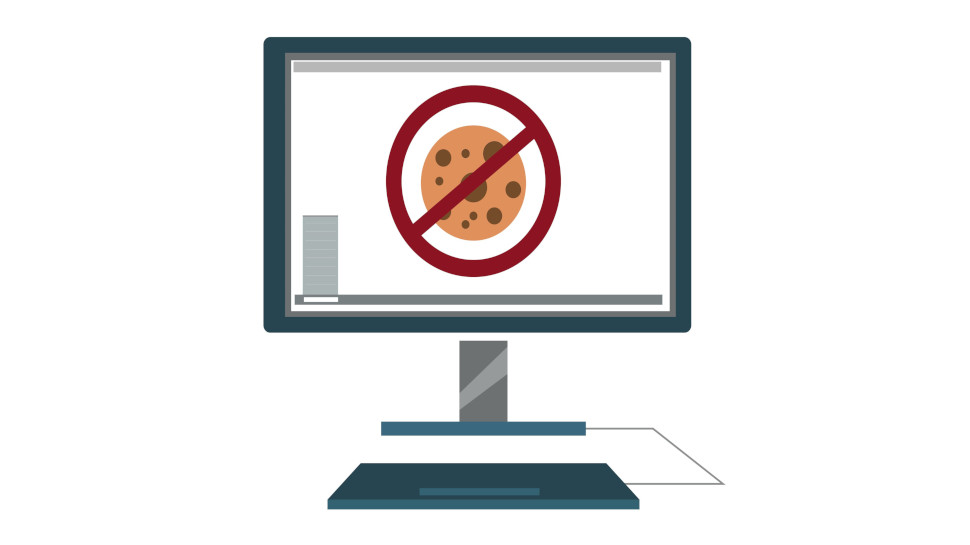
When you surf the web, websites install small data blocks called “cookies” on your browser. These cookies help websites remember your data, such as login credentials and credit card details, but they pose a significant privacy risk.
You can disable cookies on your web browser to mitigate this risk. Chrome, Safari, Firefox, and other web browsers make it easy to block cookies. This will affect your browsing experience, e.g., sites won’t remember your custom settings, but it boosts your online privacy.
9. Use encrypted messaging apps
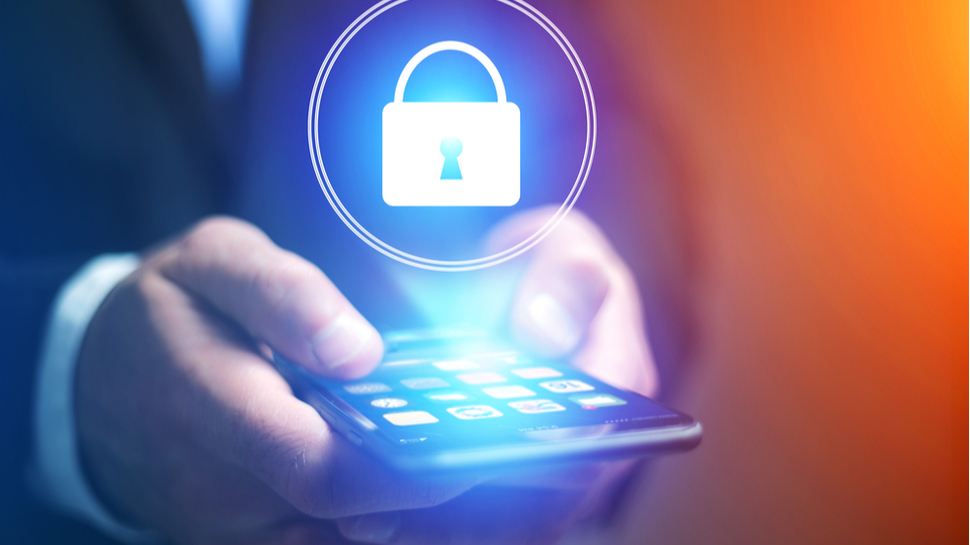
Encrypted messaging apps protect your sensitive information from prying eyes. They convert your messages into code that can only be decrypted by the recipient.
Use messaging apps with end-to-end encryption, such as Signal and WhatsApp. This encryption technique is so rigid that even the messaging app’s admins can’t decipher your message.
Encrypted email platforms like Proton Mail and Hushmail are also good options. These services are often paid, unlike free alternatives like Gmail, but the improved security is worthwhile.
10. Use an identity theft protection service

Identity theft protection services help prevent your personal data from being misused by malicious actors. They monitor the internet, including the dark web, for sensitive data that might have leaked. If a leak is detected, you’ll be immediately alerted and guided on the required action.
Aura is an excellent example of an identity theft protection platform. Helped by artificial intelligence, Aura scours the web to check if your identity has been stolen. For instance, if someone tried to use your social security number to open a bank account, you'll be alerted about this attempt, and Aura will help you thwart it. This platform also provides insurance for identity theft incidents.
11. Be careful about your online activity

A notable irony is that hackers often don’t need to break into accounts to get sensitive data. Many people post too much about themselves online, and someone can piece together the details to build an accurate profile. Generally speaking, you should limit your online activities to only the essentials. Create fewer accounts and visit fewer websites.
The more time you spend online, the higher the risk of giving out sensitive information that malicious actors can abuse. Social media is the main culprit in sensitive data leaks, so limit your usage of Facebook, Instagram, X (Twitter), and similar platforms. If possible, avoid social media altogether.
12. Use disposable email addresses
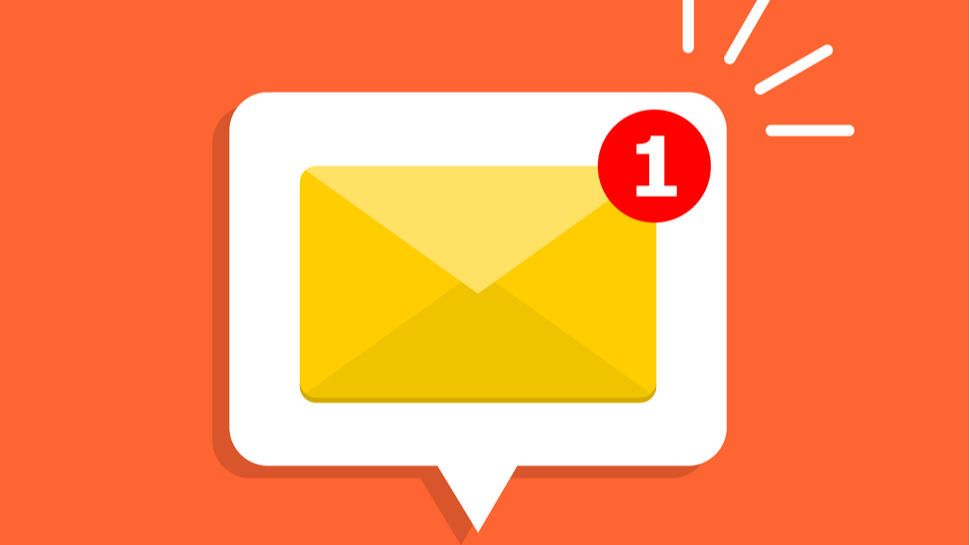
Many websites require you to create an account to access mundane features. For example, some news websites ask visitors to create an account to unlock a paywalled article. Giving out your real email address to random websites is risky, as some have shoddy security practices that make it easy for hackers to steal data. You can mitigate this issue by using disposable email addresses to create accounts.
As the name suggests, disposable email addresses are temporary, lasting from a few minutes to a few hours. You can create new ones at the click of a button, sign up for a website, and dispose of them. 10 Minute Mail is one of the best disposable email platforms, giving you temporary addresses that last 10 minutes. You can refresh the temporary address for 10 more minutes or request a new one anytime.
Likewise, you can use a permanent alias email address to create accounts. This email address will be used only to create accounts and will not contain any sensitive information. It reduces the chances of hackers stealing personal data and leaking them online.
FAQs
Can you really disappear online?
You cannot wholly disappear online. And yet, there are various steps you can take to make your online presence more challenging to find. A good starting point, especially if you have the financial resources, is to pay for an internet privacy service. These organizations, such as DeleteMe and OneRep, are in the business of scrubbing personal information from the internet. It's not a perfect solution, but it could be the best place to start.
Can you remove yourself from the internet for free?
Although you can't altogether remove yourself from the internet, there are many ways to move in that direction. Luckily, most of those ways are free. Moreover, these tools are typically quick and easy, from tightening your privacy information on social networks and other websites to closing online accounts that you no longer use.
How do I stop my name from appearing on a Google search?
Google has the most extensive online search engine in the world. Laws that govern your location largely determine which type of information you can request Google remove. Rather than trying to contact a human at Google, a better option is to contact the website that hosts the information you want to be removed from the Google Search engine. One simple email or phone call might be all it takes to have the info wiped forever.
Final thoughts
If you've been connected to the internet in any way, there's likely personal information about you floating around online. While it's impossible to remove yourself from the internet entirely, there are steps you can take to eliminate certain information. Most steps you can take are free, although paid internet privacy services might be the best solution for you.
For more about online security, consider the best internet security suites and our report on how personal and employee data is a goldmine for hackers.
Are you a pro? Subscribe to our newsletter
Sign up to the TechRadar Pro newsletter to get all the top news, opinion, features and guidance your business needs to succeed!
Bryan M. Wolfe is a staff writer at TechRadar, iMore, and wherever Future can use him. Though his passion is Apple-based products, he doesn't have a problem using Windows and Android. Bryan's a single father of a 15-year-old daughter and a puppy, Isabelle. Thanks for reading!

